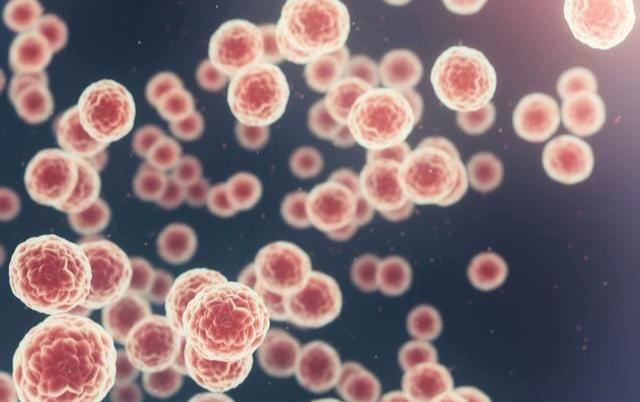The MYC gene can drive tumor growth in a variety of cancer types when it is mutated or over expressed, but it is not easy to successfully hit this target. Now researchers at the University of Pennsylvania's Perelman School of Medicine have discovered a new approach involving a protein called ATF4. when it is blocked, cancer cells will produce too much protein and die. These findings in cell lines and mouse models may point the way to a new therapeutic approach because inhibitors that prevent ATF4 synthesis already exist.
The study showed MYC upregulates ATF4 by activating general control nonderepressible 2 (GCN2) kinase through uncharged transfer RNAs. Subsequently, ATF4 co-occupies promoter regions of over 30 MYC-target genes, primarily those regulating amino acid and protein synthesis, including eukaryotic translation initiation factor 4E-binding protein 1 (4E-BP1). The 4E-BP1is a negative regulator of translation. 4E-BP1 relieves MYC-induced proteotoxic stress and is essential to balance protein synthesis. 4E-BP1 activity is negatively regulated by mammalian target of rapamycin complex 1 (mTORC1)-dependent phosphorylation and inhibition of mTORC1 signalling rescues ATF4-deficient cells from MYC-induced endoplasmic reticulum stress.
The results of the study indicate that ATF4 opens the genes required for MYC growth and controls the rate at which cells produce specific protein 4E-BP. When the researchers knocked out ATF4 in cells or mice, they found that tumor cells continued to build these proteins and eventually died due to stress. This prevented tumor growth in mice with lymphoma and colorectal cancer. The study also found that ATF4 and its chaperone 4E-BP were also over-expressed when human tumors were driven by MYC, further demonstrating that these findings may provide a viable approach for humans.
"This shows us the potential impact of targeting ATF4 on myc-dependent tumors, which we have been studying. We are still working to prove that this method does not cause any serious off-target effects." The researchers said.
EIAAB SCIENCE INC, WUHAN has developed ATF4 protein, antibody and ELISA kit.
Welcome scientific research workers to choose and purchase.








